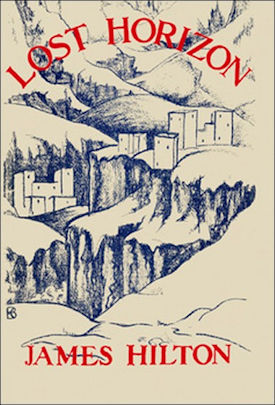
Two British diplomats, an American, and a female missionary are kidnapped while trying to escape a political revolution in India and flown to the mountains of Tibet where they are welcomed into a hidden lamasery (or monastery) called Shangri-La, which proves to be a place that is as difficult to leave as it is to find. The question Hilton poses is, Why would you want to leave, if you had found paradise? The story merges character and ideas to paint a complex portrait of a man (Conway, the elder of the two diplomats) who is neither hero nor coward and none the better for it: though he deserves his new-found peace and happiness (after surviving the trenches of World War I and his exemplary public service following the war), the only way to preserve it is to be what he is not, as he discovers in what can only be described as the intellectually exciting climax to this outstanding novel. A novel that is, as well, Hilton's pointed yet rather gentle critique of modern life -- frantic, chaotic, and violent; Shangri-La, his alternative, is built on the principle of moderation in all things, including moderation itself, a place as equally suited to the pursuit of philosophical as physical pleasure. And while Hilton makes a number of good points about how humans do (and, conversely, should) conduct themselves, he is wise enough to show us, in dramatic fashion, that paradise, like beauty, is in the eye of the beholder. Modern readers should note that this book is hardly one that would comport well with any feminist ideal. The novel has been adapted twice for film, first (and most famously) by Frank Capra in 1937, then as a musical in 1973.

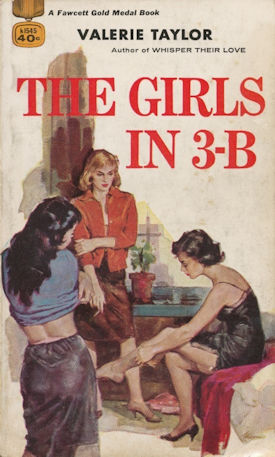
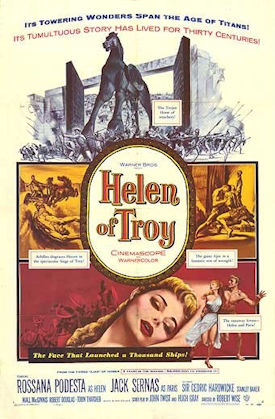
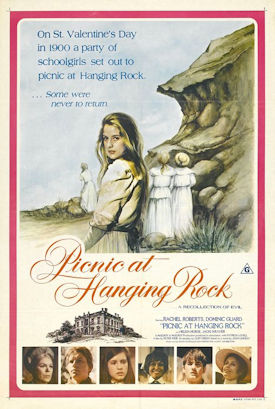

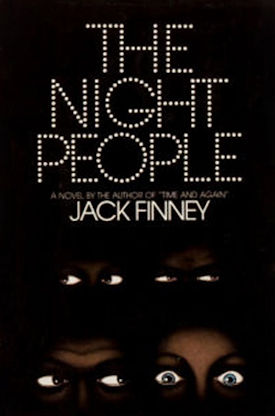
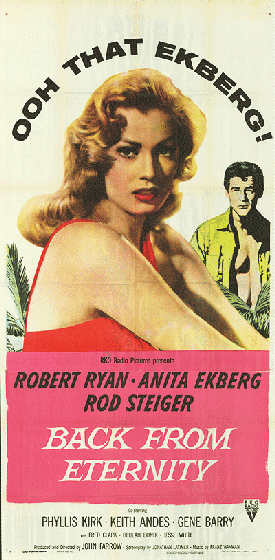


 RSS Feed
RSS Feed
